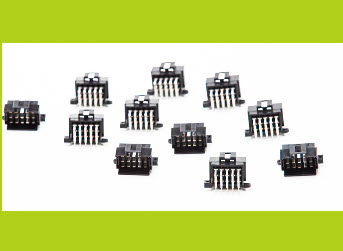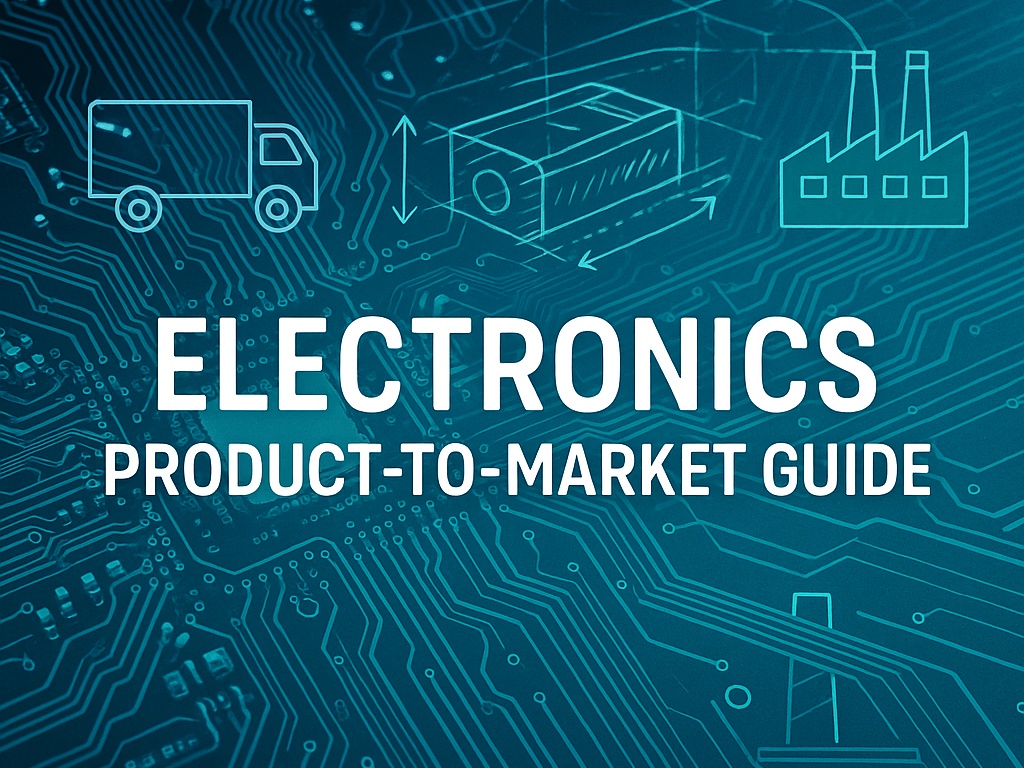
Leading a team at an electronics manufacturer can lead to life-or-death decisions. A team must be at 100%. Sometimes, people working in electronics factories get frustrated about the same things. They often talk about these problems with their coworkers. We overhear some of their conversations. Maybe, if you know why these issues happen, you can find better solutions together.
Here are common problems along with ideas to help fix them and how you can respond:
Workload & Scheduling
- Complaint: “We’re constantly understaffed,” or “Too much overtime.”
- Why it happens: Manufacturing often runs on tight production schedules, and sudden demand spikes or supply delays create crunch periods.
- Proactive approach: Track workload balance, advocate for cross-training, and push leadership for realistic staffing or shift adjustments.
- Your Potential Quick Response:
- 👉 “I hear you. Let’s look at how the workload is distributed and see if cross-training or better shift balancing can help. I’ll escalate staffing needs if I see a pattern.”
Equipment & Tools
- Complaint: “The machines keep breaking down,” or “We don’t have the right tools.”
- Why it happens: Older equipment, poor preventive maintenance, or inadequate calibration can slow productivity and frustrate operators.
- Proactive approach: Partner with maintenance teams to improve PM schedules, solicit operator feedback on tool needs, and create a fast escalation path for breakdowns.
- Your Potential Quick Response:
👉 “Thank you for flagging it. I’ll log this and make sure maintenance gets eyes on it today. Let’s also review if there’s a workaround to keep you moving.”
Communication Gaps
- Complaint: “We’re the last to know about changes” or “Management doesn’t listen.”
- Why it happens: Production floor teams often feel decisions are made “upstairs” without explanation.
- Proactive approach: Share context (the “why”) for changes, hold regular huddles, and keep feedback loops open.
-
- Your Potential Quick Response:
👉 “That’s fair. I’ll make sure updates get to you faster and explain why changes are happening. Let’s keep our daily huddles as an open channel.”
- Your Potential Quick Response:
Quality Issues & Rework
- Complaint: “We’re wasting time redoing work,” or “Engineering keeps changing the drawings.”
- Why it happens: In fast-moving NPI (new product introduction), specs change quickly and can cause confusion.
- Proactive approach: Push for clearer version control, involve operators in root-cause analysis, and make sure changes are communicated in plain, timely ways.
- Your Potential Quick Response:
👉 “Rework is frustrating. Let’s track where the changes are coming from and I’ll work with engineering to tighten up version control.”
Recognition & Morale
- Complaint: “No one notices when we do things right,” or “We’re just numbers.”
- Why it happens: Focus is often on defects, missed targets, or problems — not successes.
- Proactive approach: Celebrate small wins (first-pass yield, safety milestones, on-time delivery). A quick shout-out in front of the team goes a long way.
- Your Potential Quick Response:
👉 “I appreciate you saying that — and I see the good work you’re doing. I’ll start highlighting wins more regularly so credit is given where it’s due.”
Career Growth & Training
- Complaint: “I’ve been doing the same job for years,” or “I want more training.”
- Why it happens: Manufacturing jobs can feel repetitive without clear development pathways.
- Proactive approach: Encourage skill certifications, cross-training, and small advancement opportunities (lead operator, trainer roles).
- Your Potential Quick Response:
👉 “That’s great to hear. Let’s identify skills you’d like to grow, and I’ll connect you with cross-training or projects to stretch those abilities.”
Safety Concerns
- Complaint: “This process feels unsafe,” or “We don’t get enough PPE.”
- Why it happens: Pressure to meet quotas sometimes overshadows safety.
- Proactive approach: Reinforce safety first, never punish reporting, and champion quick fixes for hazards.
- Your Potential Quick Response:
👉 “Safety is non-negotiable. I’ll escalate this right away. Thank you for speaking up — keep bringing these to me.”
Pay & Fairness
- Complaint: “We’re not paid enough,” or “Why do they get more overtime than I do?”
- Why it happens: Compensation and fairness concerns are universal.
- Proactive approach: You may not set pay, but you can ensure transparency about overtime allocation and advocate upward for fair treatment.
- Your Potential Quick Response:
👉 “I don’t control pay decisions, but I do control fairness in overtime assignments. I’ll make sure the system is transparent and advocate for the team when possible.”
✅ Bottom line as a manager for an electronics manufacturer:
Your team will look to you as both a shield (protecting them from top-down pressures) and a bridge (carrying their voice upward). If you can show that you listen, explain, act quickly on small fixes, and escalate bigger issues, you’ll earn trust fast.
Download a PDF to reference for those tough conversations >




